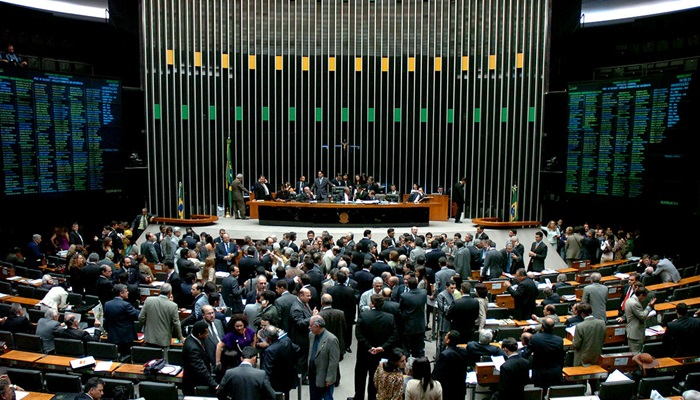The ongoing debate among deputies in the lower house both for and against new gaming legislation in Brazil means further delays for the issue that has been pending for 25 years.
In early November the Special Committee for National Development (CEDN) approved a modified and updated version of legislation that Senator Ciro Nogueira originally drafted in 2014. Overseen by Chairman of the Special Committee Senator Fernando Bezerra Coelho, later in the month the latest draft was sent to be examined in plenary session in the Senate. However, this past week, PLS 186/2014 (pdf), which proposes legalizing bingo halls, slot parlors, casinos, and the popular “Jogo do Bicho” or “Animal Game,” was returned by the Senate for further debate.
After an application was filed by Senator Magno Malta requesting the House Committee on Constitution, Justice and Citizenship (CCJ) conduct a more thorough debate on the matter; Senators voted 44 to 19 in favor of returning the proposed legislation to the CCJ for further analysis. It was believed that on December 14, the bill would have been voted on, according to a G3Newswire report.
Long standing opponent of gambling, Deputy Luiz Carlos Hauly, said that legalizing gambling may have serious adverse effects in Brazil, including aggravating the current economic crisis. Hauly said earlier this year that he would be voting against the new bill, arguing that “compulsive gambling is as harmful to humans as drugs and alcohol,” according to the news agency. Deputy Gilberto Nascimento also supported Hauly’s rejection of the bill, saying that he was opposed to all gaming even that which has been promoted by the Caixa Econômica Federal or or CAIXA, which would oversee gambling regulation. Nascimento said that Brazil should look to attract other investment opportunities rather than gaming. Also opposed to the bill, Deputy Roberto de Lucena said that most of Brazil was also against legalizing gambling.
In defense of PLS 186/2014, Deputy Joao Carlos Bacelar Batista said after 25 years of pending new gaming legislation, it was time that it was approved by the government. The deputy said, “This is not the time to say that we will not discuss it or that we need to discuss it further. That has passed. We need to decide now. There has been a monumental delay in making a decision on this,” according to the report. He went on to say that approving the new bill would provide a much-needed boost to the economy of the country, and that, “Gaming is necessary for Brazil, it will generate wealth. The decision cannot be based on anyone’s moral convictions. No group has the right to impose its values on the other group.”
Also defending the new bill was Deputy Herculano Passos Chairman of the Tourism Committee in Brazil’s Chamber of Deputies who said that gaming was already widespread in Brazil, especially in bingo halls.
A culmination of more than 10 months of work, the final draft of the gaming bill defines the types of gaming that are permitted in the South American nation, including licensing criteria, taxation, and the rules for prize distribution. In addition, the new draft includes measures designed to combat money laundering and corruption. Having passed the committee stage, the bill needs approval from the full house.



